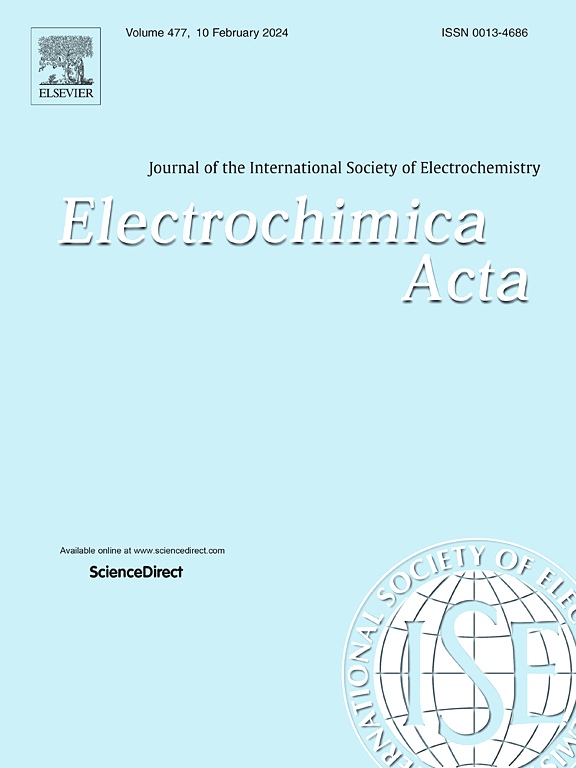The reduced graphene oxide conductive additives with a certain defect concentration enabling rate-capability of lithium-ion batteries
IF 5.5
3区 材料科学
Q1 ELECTROCHEMISTRY
引用次数: 0
Abstract
Graphene as conductive additives for enhancing the electrochemical performance of commercial cathode materials (e.g., LiFePO4, LiCoO2, and LiMn2O4) in advanced Li-ion batteries (LIBs) has attracted great attention in recent years. However, the LiFePO4 and LiCoO2 electrodes usually show a poor rate capability when using graphene as the conductive additive, since its planar structure hinders ion transmission. Herein, a variety of reduced graphene oxides (rGO-x) have been successfully prepared using the modified Hummer's method followed by calcination. The results show that due to a large specific area and moderate defect density, rGO-5 can ensure good enough interfacial contact between active material particles and collector, thus maintaining fast electron/ion transportation. It has been found that LiFePO4 and LiCoO2 electrodes exhibit good lithium storage properties of 160.95 and 139.41 mA h g-1 at a rate of 0.1 C when rGO-5 is utilized as a conductivity additive. Meanwhile, combined with the electrochemical impedance and kinetic exploration, it can be seen that the LiFePO4 and LiCoO2 electrodes demonstrate a high Li+ diffusion coefficient (DLi+) of 6.7 × 10–14 cm2 s-1 and 4.3 × 10–13 cm2 s-1, respectively. Therefore, this research sheds new light on the practical utilization of rGO additives in high-performance lithium-ion batteries.
具有一定缺陷浓度的还原氧化石墨烯导电添加剂可提高锂离子电池的速率能力
近年来,石墨烯作为导电添加剂用于提高先进锂离子电池(LIB)中商用正极材料(如 LiFePO4、LiCoO2 和 LiMn2O4)的电化学性能引起了广泛关注。然而,在使用石墨烯作为导电添加剂时,由于石墨烯的平面结构会阻碍离子传输,因此 LiFePO4 和 LiCoO2 电极通常显示出较低的速率能力。在此,我们采用改良的 "Hummer 法 "和煅烧法成功制备了多种还原石墨烯氧化物(rGO-x)。结果表明,rGO-5 具有较大的比面积和适中的缺陷密度,可以确保活性材料颗粒与集流体之间有足够好的界面接触,从而保持快速的电子/离子传输。研究发现,当使用 rGO-5 作为导电添加剂时,LiFePO4 和 LiCoO2 电极表现出良好的储锂性能,在 0.1 C 的温度下分别达到 160.95 和 139.41 mA h g-1。同时,结合电化学阻抗和动力学探索,可以看出 LiFePO4 和 LiCoO2 电极表现出较高的 Li+ 扩散系数(DLi+),分别为 6.7 × 10-14 cm2 s-1 和 4.3 × 10-13 cm2 s-1。因此,这项研究为在高性能锂离子电池中实际利用 rGO 添加剂提供了新的思路。
本文章由计算机程序翻译,如有差异,请以英文原文为准。
求助全文
约1分钟内获得全文
求助全文
来源期刊

Electrochimica Acta
工程技术-电化学
CiteScore
11.30
自引率
6.10%
发文量
1634
审稿时长
41 days
期刊介绍:
Electrochimica Acta is an international journal. It is intended for the publication of both original work and reviews in the field of electrochemistry. Electrochemistry should be interpreted to mean any of the research fields covered by the Divisions of the International Society of Electrochemistry listed below, as well as emerging scientific domains covered by ISE New Topics Committee.
 求助内容:
求助内容: 应助结果提醒方式:
应助结果提醒方式:


